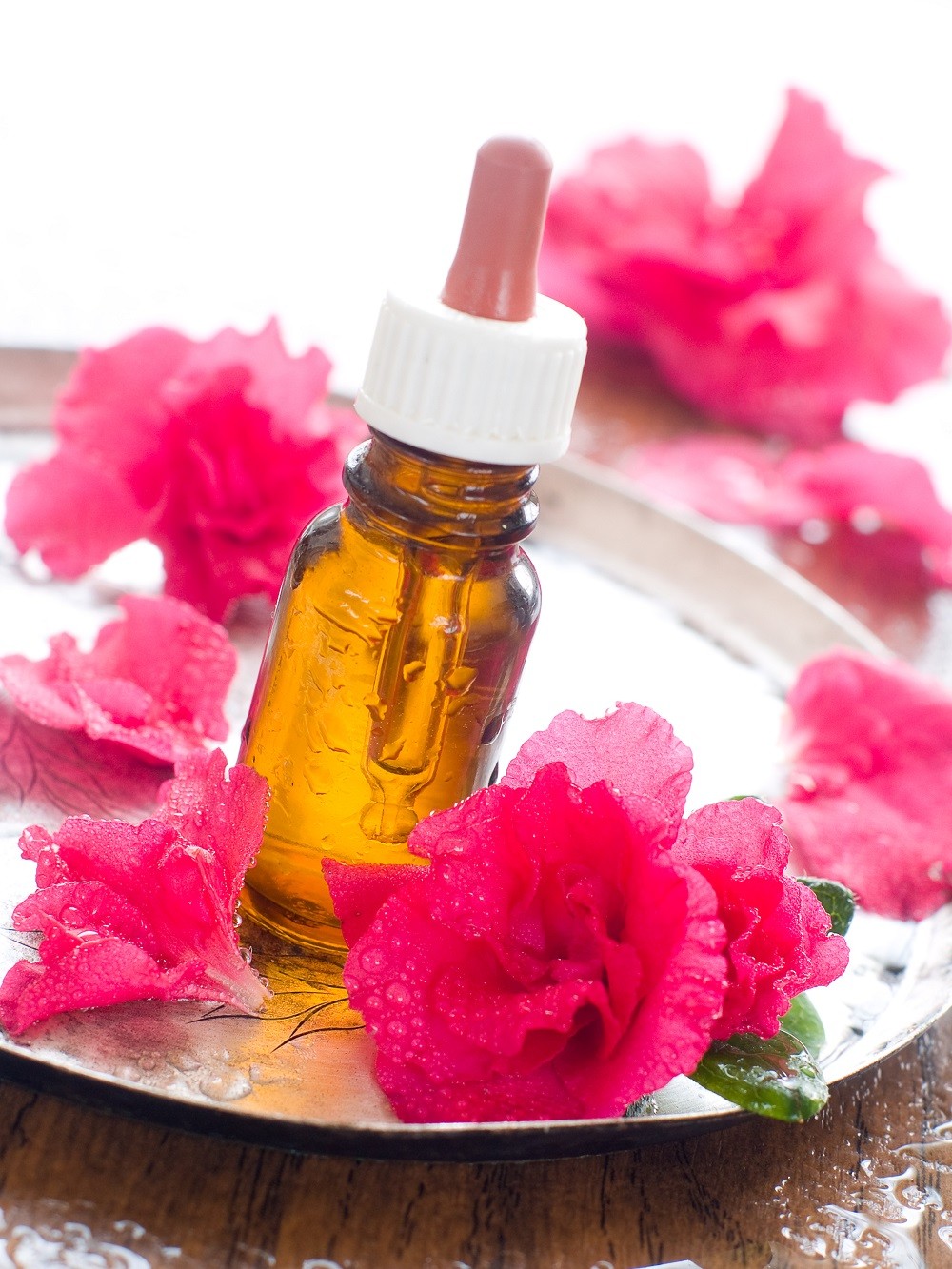Seeking familiar ingredients in skin and body care is a growing habit for consumers today. There’s a stronger urge to choose personal products that contain familiar-sounding ingredients, and for those who know, a general avoidance of products that contain paraben, silicones, phthalates and other chemicals that can adversely affect the body as well as the environment. Brands can tap into this consumer habit and harness the power of natural oils, botanicals, and plant-based ingredients. It is no surprise that peanut oil, amaranth oil, and antioxidants in tea are gaining popularity health-conscious consumers.
Demand for organic based skin care cosmetics is on the rise as consumers become more knowledgeable about the benefits of clean label formulas and the adverse effects of certain chemicals.

According to a report found in ResearchAndMarkets.com, increasing awareness of the benefits of peanut oil to skin has fuelled market growth. The peanut oil market size is expected to grow from USD 10.80 billion in 2023 to USD 12.10 billion by 2028, at a CAGR of 2.30% during the forecast period (2023-2028).
Peanut oil contains about 52% oleic acid, a monounsaturated fatty acid (MUFA); 32% linoleic acid, a polyunsaturated fatty acid (PUFA), It is also a source of antioxidants, vitamin E, phytosterols, squalene, and p-coumaric acid, all of which help preserve good health. With this profile, peanut oil is a popular skincare ingredient.
Peanut oil with its high fat content has many uses, from moisturizer to massage oils. It can help relieve minor skin irritation and redness; its rich emollient can moisturize skin, while vitamin E is the anti-ageing component. In skincare formulation, hydrogenated peanut oil acts as viscosity-increasing agent. According to the report, fortified peanut oil is used as an emollient in skincare and hair care products. Flavour-infused plant-based oils that retain their nutrients are used in soaps, serums, and other products.
Tea ingredients are known to benefit the skin. Growing interest in organic beauty has in fact propelled the tea-based skincare market. As consumers become aware of the adverse effects of certain chemicals, such natural ingredients are also favoured. More information about tea-based skincare can be found in the report:
Tea-based skincare product formulations can usually contain green, white, oolong, spearmint, or hibiscus. White tea extract aids in moisture retention and guards against sun damage; hibiscus, oolong, and spearmint teas offer relief for skin conditions such as eczema, clogged pores, and acne. In cosmetics formulations, green tea’s antioxidants have anti-inflammatory and antibacterial properties.
Tea is now a potent component in enhancing beauty, found in supplements and skincare products, significantly contributing to the growth of the tea-based skincare market.
Tea is rich in antioxidant properties, which enhance skin appearance while preventing aging. Vitamin E, present in tea extracts, contributes to hydration, cell regeneration, and nourishment. This emphasis on natural ingredients is expected to bolster market demand.
The surge in environmentally-friendly products parallels the rising interest in vegan cosmetics. Consumer expectations have shifted towards sustainability, driving the adoption of products sourced from organic materials. Once Upon A Tea, for example, offers an array of vegan skincare products, all cruelty-free. This trend aligns with the growing demand for vegan beauty products, increasing instances of skin issues, and heightened awareness about the benefits of tea extracts in skincare products, collectively propelling market growth.
Amaranth oil has a high squalene content that can improve the elasticity of skin by keeping it hydrated and eliminating toxins. Many skincare products utilise the properties of amaranth oil. The company Wellamar for example adds premium amaranth oil to its products, which include topicals, cosmetic oil drops, and vitamin-enriched gummies.
![]()
.

 iConnectHub
iConnectHub
 Login/Register
Login/Register Supplier Login
Supplier Login



























